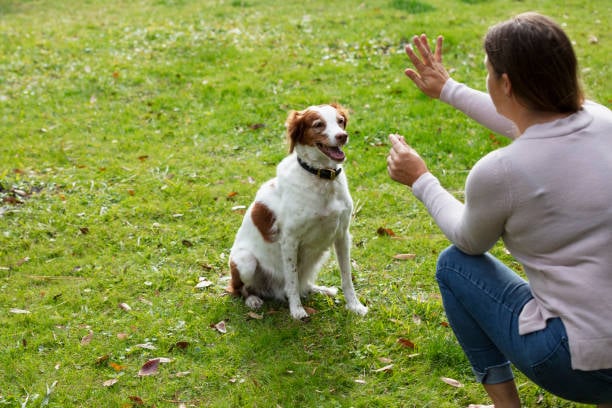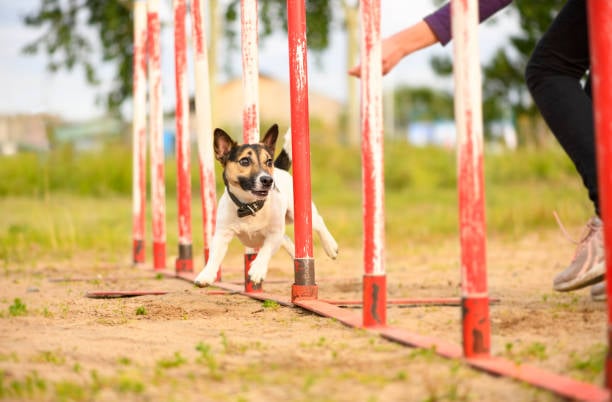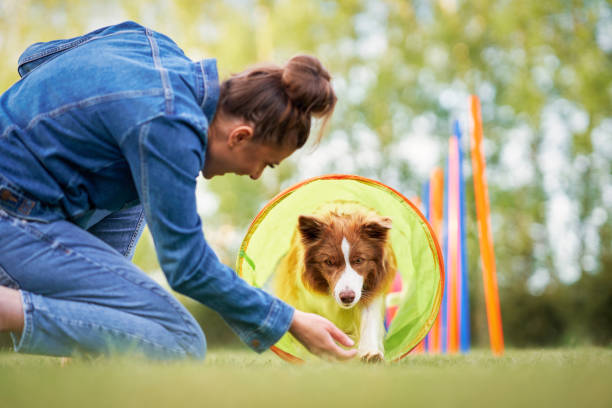The field of dog training is ever-evolving, with new methodologies, technologies, and philosophies continually emerging. These innovations are not only enhancing the effectiveness of training but also making the process more enjoyable and fulfilling for both dogs and their trainers. This blog post delves into some of the latest advancements in dog training techniques, offering insights into how these developments are shaping the future of canine behavior modification and obedience training.
Positive Reinforcement 2.0

While positive reinforcement is a well-established approach, recent innovations have refined and expanded its application. Trainers are now using a more nuanced understanding of canine psychology to tailor rewards more precisely to individual dogs' preferences, enhancing motivation and engagement. Additionally, the timing and delivery of rewards have been fine-tuned with the help of slow-motion video analysis, ensuring that positive reinforcement is as effective as possible.
Technology-Enhanced Training
Technology is playing an increasingly significant role in dog training:
Virtual Training Sessions
The rise of virtual training sessions, facilitated by video conferencing tools, has made dog training more accessible. This format allows for flexible scheduling and the ability to address behavioral issues in the dog's home environment, where they often occur.
Training Apps and Online Platforms
Mobile apps and online platforms offer interactive training guides, progress tracking, and personalized training programs. These resources provide dog owners with expert advice at their fingertips, supporting ongoing training efforts outside of formal sessions.
Wearable Tech for Dogs
Wearable technology for dogs, including GPS trackers and activity monitors, is being used to gather data on a dog's movement, behavior, and health. This information can inform training strategies, helping trainers address specific behavioral issues and monitor progress.
Cognitive Training

Recent research into canine cognition has led to the development of training methods that engage dogs' problem-solving skills and cognitive abilities. Puzzle toys, interactive games, and training exercises designed to challenge dogs mentally are becoming increasingly popular. This cognitive approach not only strengthens the dog's mental faculties but also deepens the bond between the dog and its trainer or owner.
Cross-Species Communication Tools
Advancements in understanding canine communication have led to the creation of tools and methods aimed at improving communication between dogs and humans. These include apps that interpret dogs' body language and vocalizations, as well as devices that allow dogs to communicate specific needs or desires, such as wanting to go outside or play, by pressing buttons with their paws.
Integrated Wellness and Training
Recognizing the interconnectedness of physical health, mental well-being, and behavior, dog trainers are increasingly adopting a holistic approach. Training programs now often include elements of physical exercise, mental stimulation, and emotional support, ensuring that a dog's overall well-being is addressed alongside obedience and behavior modification.
Ethology-Based Training
A deeper understanding of ethology, the scientific study of animal behavior in natural environments, is influencing dog training. By considering the evolutionary and ecological aspects of canine behavior, trainers can develop more natural and effective training methods that respect the innate instincts and behaviors of dogs.
The innovations in dog training techniques reflect a broader shift towards more humane, effective, and science-based approaches to dog training. By leveraging technology, deepening our understanding of canine psychology and cognition, and adopting holistic training philosophies, trainers can achieve remarkable results. These advancements not only improve the behavior and well-being of dogs but also enrich the relationship between dogs and their owners, fostering a deeper bond built on mutual respect and understanding. As the field continues to evolve, staying informed about these innovations will be key for any dog trainer looking to offer the best possible service to their furry clients and their human counterparts.
Subscribe to the Gingr Blog






